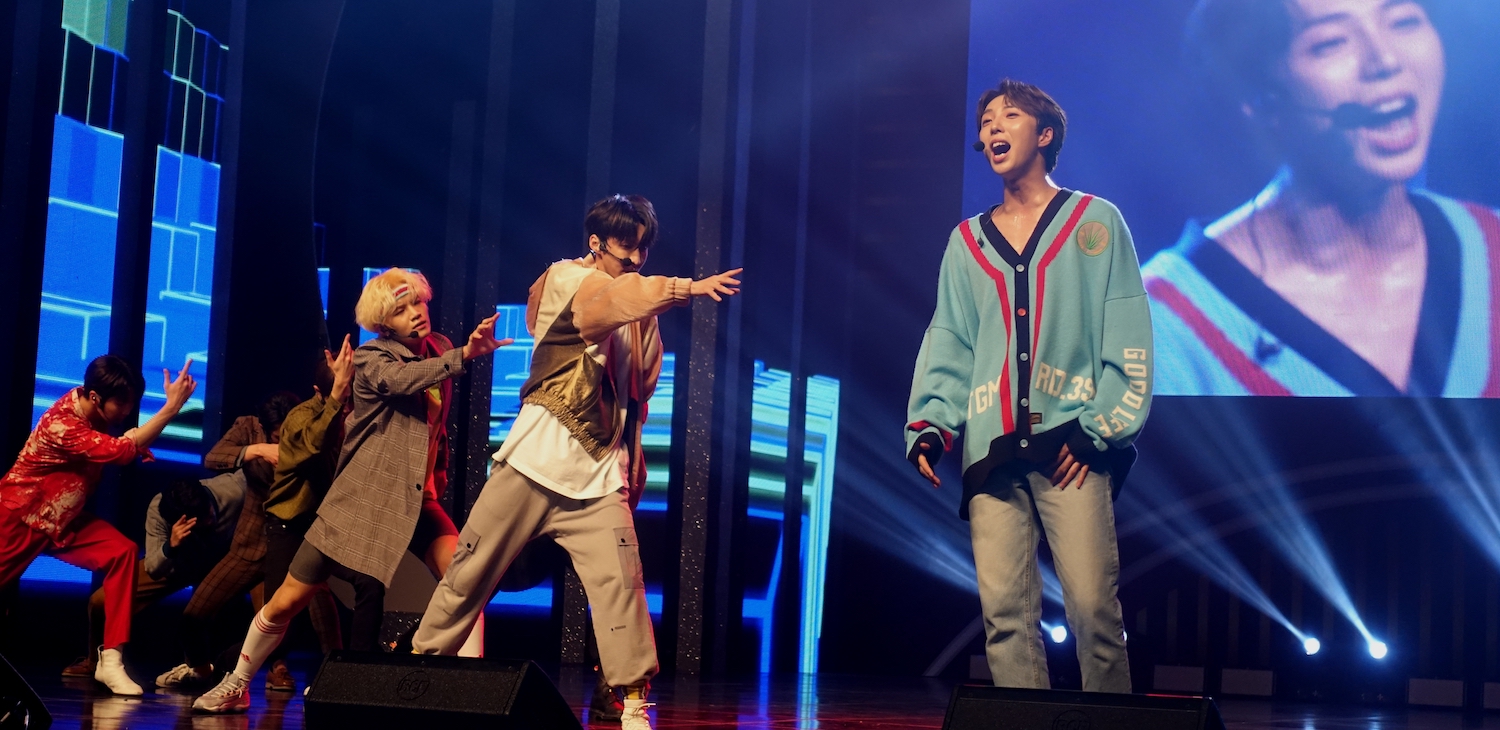- K-pop’s squeaky-clean image was further marred this week by the sudden death of Goo Hara, reportedly of attempted suicide, and after two K-pop stars, Jung Joon-young and Choi Jong-hoon, were found guilty of gang raping a drunk, unconscious woman.
- In November, Insider published a story of the dark side of the industry. Read it in full below.
- K-pop stars seem to have it all, with millions of fans dedicating billboards and sending gifts to their idols from around the world.
- A little-spoken aspect of the industry, however, is how hard it is to be – and stay – a star.
- Past and present K-pop stars told Insider about the industry’s exceptionally high beauty standards, gym routines, and their inability to date in order to remain accessible to fans.
- One said that her record label confiscated her phone to keep her focused on work.
- Last month K-pop star Sulli was found dead in her home in what police say could be of apparent suicide. She was one of the few stars who deviated from the K-pop mold, and was chastized for it.
- Visit Insider’s homepage for more stories.
JINJU, South Korea – K-pop stars are loved, and even worshipped, around the world.
BTS fans, who are in their millions, call themselves the “Army” and once flooded a Korean restaurant with one-star Yelp reviews after its owner said another band was better.
Other hardcore K-pop fans also pool their money together to buy presents – including billboard ads in Times Square – for their idols in a practice based on the Korean word “jeogon,” which means “tribute to the king.”

But behind the scenes, the reality is different.
Insider spoke to members of Great Guys, an up-and-coming boyband consisting of nine men in their 20s, after their performance at the Korea Drama Festival in Jinju in early October.
What they shared was a life of strict gym schedules, diets, and forced singledom - far from the glitz and glam they show on stage.
Grueling gym routines and restrictive diets
"Gym, studio, bedroom - that's my life circle," said Ho Ryeong, one of the band members. "We are now preparing for our new album and are actually quite busy."
"Honestly, we don't have much time for eating," he said. "Nor are we free to eat what we want."
Another member, Jae I, chimed in: "That's the hardest part. It's not easy to follow a diet, but [I suppose] it's not impossible either."
It's a testament to the pressures of maintaining the intense beauty standards of the K-pop industry: idols must look and stay beautiful, young, and in good physical shape. That usually ends up in severe diets and exercise regimes.
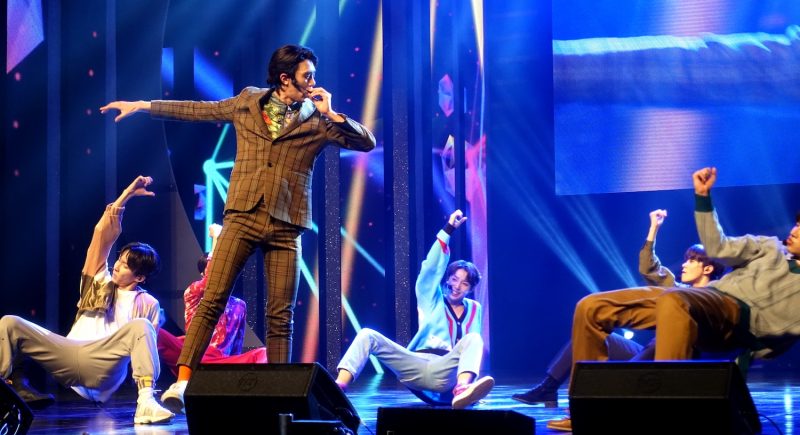
One famous K-pop diet, known as the "Paper Cup Diet," involves eating nine paper cups - the size of the ones you'd find by water coolers - worth of whole grains, fruits, and vegetables every day. Discussion of this diet is also popular among on pro-anorexia forums.
Way, a former member of K-pop band Crayon Pop, told Insider in a separate email: "We weren't allowed to eat midnight snacks. Other snacks like chips and candy weren't allowed, so we would sneak out and eat it."
"Since they kept telling us not to, that made us want to eat more. We would secretly buy it and eat it in the bathroom," she added, laughing.
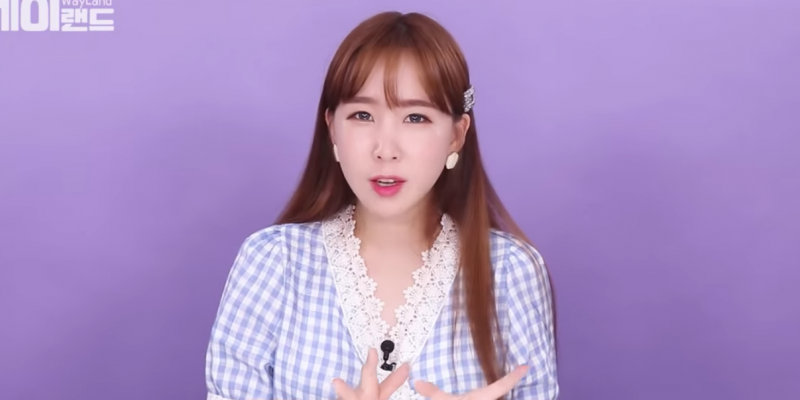
Gym routines are also grueling. "We used to dance with 4 kg (8.8 lbs) of sandbags on our feet for several days," Way said. "Our teacher wanted us to get used to the sandbags, so without it our dances would look lighter [in the performance]."
It's worth noting that these beauty standards affect other industries in South Korea too: The country's flight attendants often turn to cosmetic surgery to be beautiful and thin, to increase their odds of securing jobs.
Last year, a news anchor made headlines for refusing to wear contact lenses and false lashes, and opting to present with her glasses on instead.
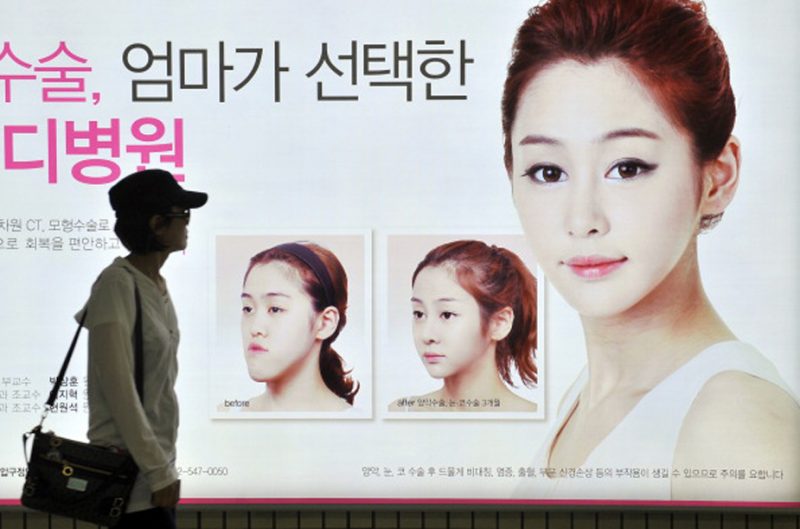
No dating allowed
An unwritten rule in K-pop is that idols must also give up on having a love life if they want to be successful.
Being single makes them appear more accessible to their fans. This, the theory goes, means more devoted fans, which means more income for the group and record label.
This is also why K-pop groups are either all-male or all-female, too - so fans don't suspect band members are dating each other.
"Before I made a name [for myself], I couldn't meet my family or friends," Way told Insider. "All our team members were living together in an apartment with a living room and two rooms, so all the time we would be available and at work."
"We even needed to give our phones to the [record] company," she said. "We could hardly meet even our close relatives."
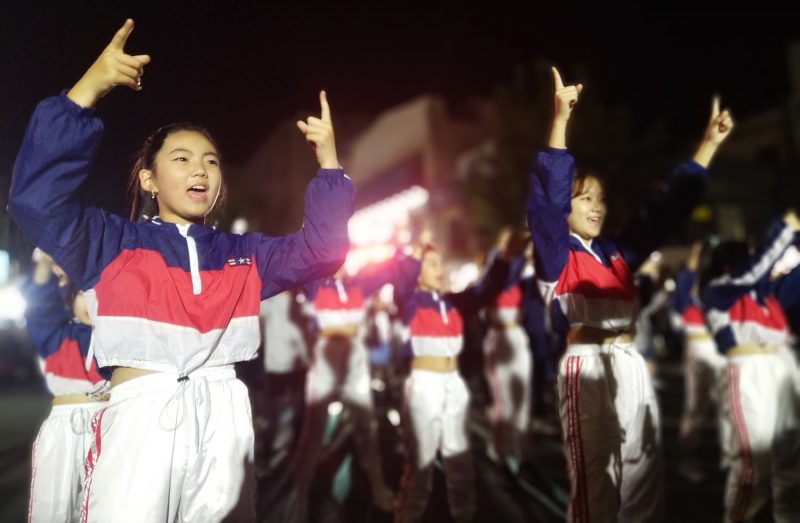
Donghwi, another member of Great Guys, also told Insider: "None of us are in a relationship."
When Insider asked him to clarify whether he and his bandmembers don't want partners or aren't allowed them, he said: "Both! We shouldn't, but also, we don't want to [date anyone]."
"We agreed not to have a girl in our lives, so we can focus more on our mission," he added. "We love our fans, that's enough for us."
"If things go well, we can stay like this forever. We are happy as long as we are doing what we love."
Great Guys seems to be enjoying their path to fame so far, which helps them bear the hard parts of their life. But not all K-pop stars have shared the same optimism.

Less than three weeks ago, South Korean police announced that 25-year-old K-pop star Sulli was found dead in her home. Police are still investigating her cause of death, but are working on the assumption that she killed herself.
She was one of the few K-pop artists who had tried to deviate from the K-pop mold, and was chastized for it.
She made her relationship with her boyfriend public. She dared walk out of the house without a bra - departing from K-pop's squeaky-clean image. She spoke openly about her mental health: in 2014, she put her career on hold after suffering physical and mental exhaustion.
In return, she got cyberbullies. In the wake of her death, one fan re-posted a video from Sulli's last Instagram Live, where she said: "I am not a bad person. I'm sorry. Why are you saying bad things about me? What did I do to deserve this?"
Fans and stars alike have urged K-pop record companies to take mental health more seriously, and treat it as less of a taboo.
Earlier this year BTS was allowed an "extended period of rest and relaxation" - in the words of the wildly successful group's record label - during which band members got to visit museums, go to concerts by other groups, and go fishing, Billboard reported.
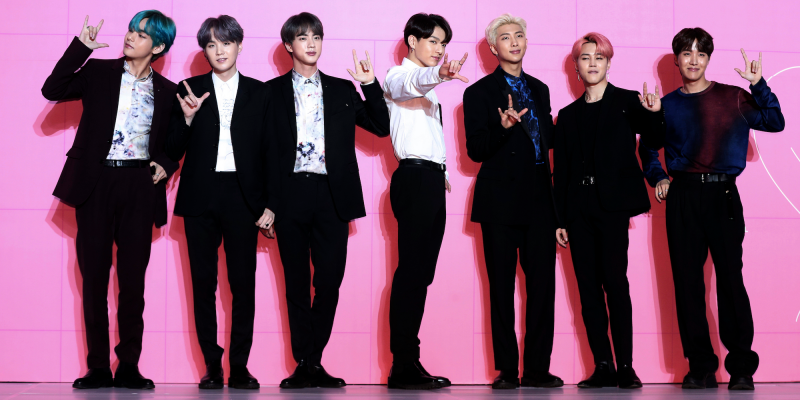
Quitting K-pop isn't an option for many stars too - record companies tend to have a financial hold on their stars.
A typical contract between record companies and their stars involves the company paying for the expenses of booking concert venues, traveling, and food, and expecting them to be offset by the earnings. But if the expenses end up being more than the earnings, then stars have to pay them back.
As Way explained: "Idols with the false hope of a bright future increasing their debt to the company until they eventually lose everything ... Once, I needed to sell my belongings, [including] my laptop and beloved piano, to survive."
According to the International Federation of the Phonographic Industry, K-pop is "shifting from 'potential' to 'power player'" in the global music industry. It is becoming more important than ever to protect its stars.
-
- Read more:
- What it takes to become a flight attendant in South Korea, where it's so competitive that candidates are getting plastic surgery to improve their odds
- A South Korean reporter wore glasses on TV in a dramatic break with the country's beauty standards for women
- South Korean police say 7 Brazilian women were lured into prostitution with the promise of K-pop stardom
- I went to the opening concert of the BTS World Tour, and it was beyond anything I've seen before - and then I got kicked out
